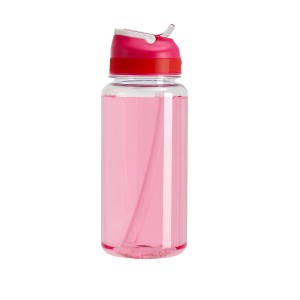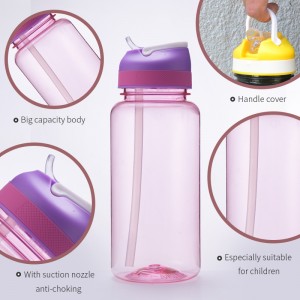In recent years, the demand for eco-friendly products has surged as consumers become more environmentally conscious. Recycled stainless steel water bottles have emerged as a popular choice in the sustainable product market. This blog post delves into consumer behavior and preferences regarding these bottles, exploring why they have gained traction and what factors influence consumer decisions.
Consumer Awareness and Environmental Concerns
Growing Eco-Consciousness
Environmental issues have taken center stage, prompting a rise in eco-consciousness among consumers. People are increasingly aware of the detrimental effects of single-use plastics, such as pollution, resource depletion, and harm to wildlife. This heightened awareness has driven individuals to seek sustainable alternatives in their daily lives, including the choice of water bottles.
Shift to Reusable Alternatives
Consumers are actively seeking reusable options that minimize environmental impact. Stainless steel water bottles, particularly those made from recycled materials, align with this shift. They are durable, recyclable, and have a long lifespan, making them an attractive alternative to single-use plastics.
Health and Safety Considerations
BPA-Free and Toxin-Free Properties
Health-conscious consumers prioritize non-toxic materials. Stainless steel is free from harmful chemicals such as BPA, which can leach into water from plastic bottles. This makes recycled stainless steel bottles a safe choice for hydration.
Hygienic Advantages
Stainless steel is non-porous and does not retain odors or bacteria, ensuring a hygienic drinking experience. Its smooth surface is easy to clean, further enhancing its appeal to health-conscious individuals.
Durability and Longevity
Superior Strength and Resilience
Stainless steel is renowned for its durability. It can withstand external pressure, impacts, and rough handling, making it resistant to dents, cracks, and breakage. This resilience is particularly beneficial for active individuals who need a reliable water bottle for outdoor activities.
Long-Lasting Nature
With proper care, stainless steel water bottles can last for years, if not decades. This longevity reduces the need for frequent replacements, offering long-term cost-effectiveness and minimizing environmental waste.
Market Trends and Consumer Preferences
Market Growth and Demand
The market for recycled stainless steel water bottles is experiencing significant growth. North America and Europe lead in market share due to strong environmental awareness and regulatory frameworks that discourage single-use plastics. The Asia-Pacific region is also witnessing rapid growth, driven by increasing urbanization and government initiatives to reduce plastic consumption.
Customization and Branding
Businesses are leveraging the customization potential of stainless steel water bottles. Custom designs, logos, and messages allow companies to align with their brand identity and use these bottles as promotional tools, enhancing brand visibility and customer loyalty.
Conclusion
Recycled stainless steel water bottles have captured the attention of environmentally and health-conscious consumers. Their durability, safety, and sustainability make them a superior choice for hydration. As consumer awareness continues to rise and businesses prioritize sustainability, the demand for these bottles is set to grow, offering a promising future in the eco-friendly product market.
FAQs
Q1: Are recycled stainless steel water bottles safe for drinking?
A: Yes, they are made from food-grade stainless steel and are free from harmful chemicals like BPA, ensuring a safe drinking experience.
Q2: How long can a recycled stainless steel water bottle last?
A: With proper care, these bottles can last for many years, often over a decade.
Q3: Can recycled stainless steel water bottles be recycled again?
A: Yes, stainless steel is highly recyclable and can be melted down and repurposed without losing its quality.
Q4: How do I clean a stainless steel water bottle?
A: Regular cleaning with mild detergent and water is sufficient. For stubborn residues, you can use a bottle brush or specialized cleaning tools.
Q5: Are there any health benefits to using stainless steel water bottles?
A: Yes, they are non-toxic, easy to clean, and do not retain flavors or odors, providing a hygienic and safe option for hydration.
Post time: Mar-17-2025

